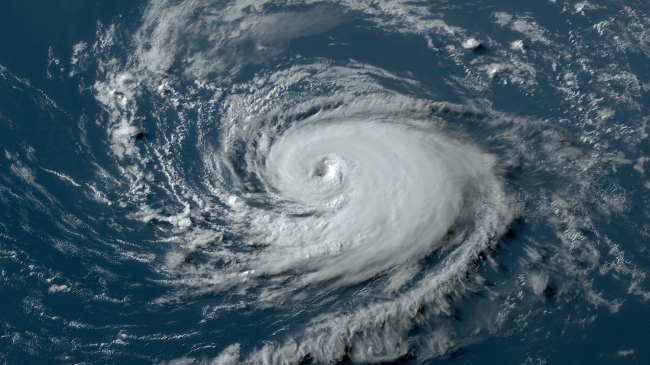New Climate Assessment Warns of Billions in Annual Costs for US Amid Escalating Disasters
A sobering national climate assessment reveals that climate disasters are inflicting billions of dollars in annual costs on the United States, with a disproportionate impact on vulnerable communities. The report, produced approximately every four years, emphasizes the economic toll and social inequities exacerbated by climate change, presenting a stark picture of the escalating challenges faced by the nation.
For the first time, this year’s assessment includes dedicated chapters on economic impact and social injustices. As floods, fires, heatwaves, and other calamities intensify, households across the country are grappling with higher costs and worsening environmental injustices.
The assessment highlights unprecedented circumstances, with global temperatures rising at a rate unseen for thousands of years. Over the past half-century, temperatures have surged faster than in the last 2,000 years, leading to a surge in extreme events. The report cites the 2021 heatwave that claimed over 1,400 lives in the typically mild Pacific Northwest as an example. Droughts, now more severe than in at least 1,200 years, are devastating the Western US, with damages exceeding $320 billion since 1980 from droughts and heatwaves alone.
The frequency of billion-dollar disasters has drastically increased, from one every four months in the 1980s to one every three weeks today, resulting in annual losses of $150 billion. The assessment acknowledges this figure as a conservative estimate that excludes loss of life, healthcare-related costs, and damages to ecosystem services.
Beyond the headline-grabbing disasters, the economic impact of climate change extends insidiously. Consumers face rising costs for food and goods as climate-induced damages drive prices higher. In the Midwest, climate-related challenges, including pests and fluctuating wet-dry conditions, threaten vital corn and apple harvests. Additionally, climate change has intensified 18 major fishery disasters in Alaska, disproportionately affecting Indigenous Peoples, subsistence fishers, and rural communities.
Crucially, climate change exacerbates existing inequalities, disproportionately affecting marginalized communities. Historically marginalized groups, including Americans of color, low-income households, and specific demographic subsets, endure the brunt of climate disasters. Small businesses owned by women, people of color, and veterans face a higher likelihood of permanent closure after natural disasters, contributing to economic disparities.
Flood losses, a significant consequence of climate change, are projected to rise at an alarming rate in communities with a higher proportion of Black residents. These disparities are linked to historical housing policies, such as redlining, which have left certain communities lacking the necessary infrastructure to confront climate hazards.
The report underscores the urgency of transitioning away from fossil fuels. The US, as the world’s leading oil and gas producer, must accelerate efforts to reduce planet-heating pollution. The current annual reduction rate of about 1 percent since 2005 falls far short of the more than 6 percent required to meet the goals of the Paris climate agreement, aimed at keeping global warming below 2 degrees Celsius. The assessment serves as a poignant reminder that immediate, substantial action is essential to avert the worsening economic and social impacts of climate change.






